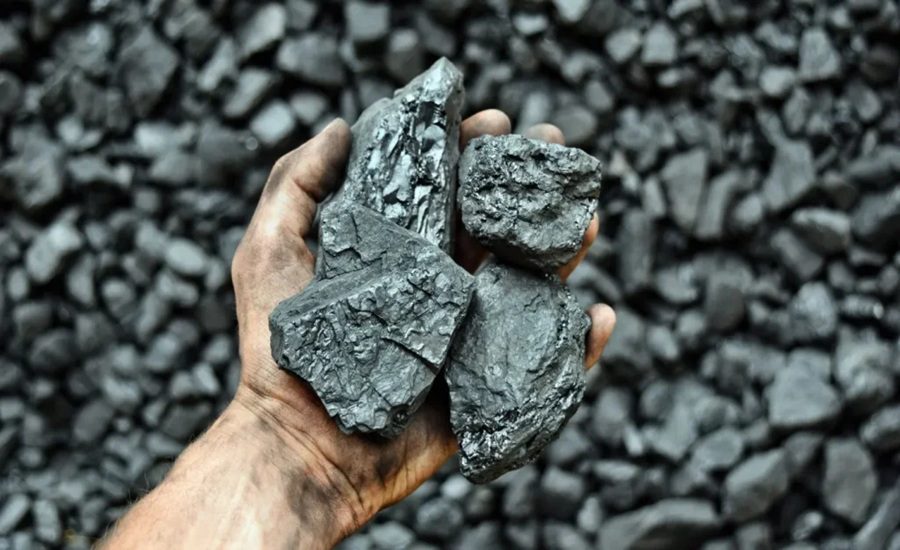New Delhi: The Union Cabinet, chaired by Prime Minister Narendra Modi, on Wednesday approved the rationalisation of royalty rates for critical minerals including graphite, caesium, rubidium, and zirconium. The move aims to promote domestic production, reduce import dependence, and strengthen the country’s energy and supply chain security.
High Royalties Hindered Domestic Production
Information & Broadcasting Minister Ashwini Vaishnaw stated that very high royalty rates on certain critical minerals discouraged domestic production. The Cabinet decision will reduce these rates, encouraging exploration and mining while unlocking associated critical elements such as lithium, tungsten, rare-earth elements (REE), and niobium.
“These minerals are crucial for high-tech applications and strategic sectors, especially electric vehicles (EVs), electronic manufacturing, and energy transition,” said Vaishnaw.
Boosting Domestic Production and Employment
The reduction in royalty rates is expected to:
- Incentivise the auction and production of mineral blocks containing graphite, caesium, rubidium, and zirconium.
- Reduce import dependency and associated supply chain vulnerabilities.
- Generate employment opportunities across the country.
Importance of These Minerals in High-Tech and Strategic Sectors
- Graphite: Vital for EV batteries as an anode material, enabling high conductivity and charge capacity. India currently imports 60% of its graphite needs. Nine graphite mines are operational, 27 blocks have been auctioned, and 20 more blocks are ready for auction.
- Zirconium: Used in nuclear energy, aerospace, healthcare, and manufacturing due to its corrosion resistance and high temperature stability.
- Caesium: Crucial for atomic clocks, GPS systems, high-precision instruments, and medical applications including cancer therapy.
- Rubidium: Used in fibre optics, telecommunication systems, and night vision devices.
Facilitating Upcoming Mineral Block Auctions
The Cabinet’s approval will help bidders rationally submit financial bids in the sixth round of critical mineral block auctions. This round includes five graphite blocks, two rubidium blocks, and one block each of caesium and zirconium. Graphite royalty rates will now be fixed on an ad valorem basis, reflecting price changes across different mineral grades.
Strategic Significance for India
By boosting domestic production of these critical minerals, India aims to reduce import dependence, strengthen supply chains, and support the nation’s transition toward high-tech industries and green energy solutions.




























